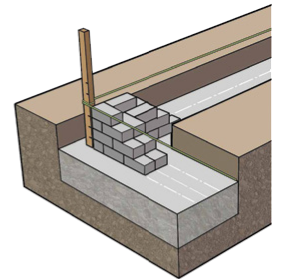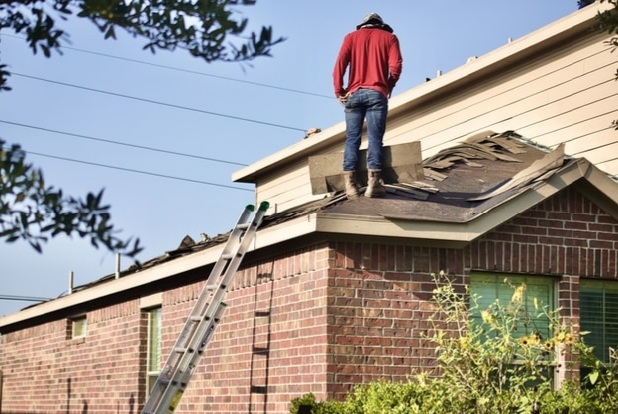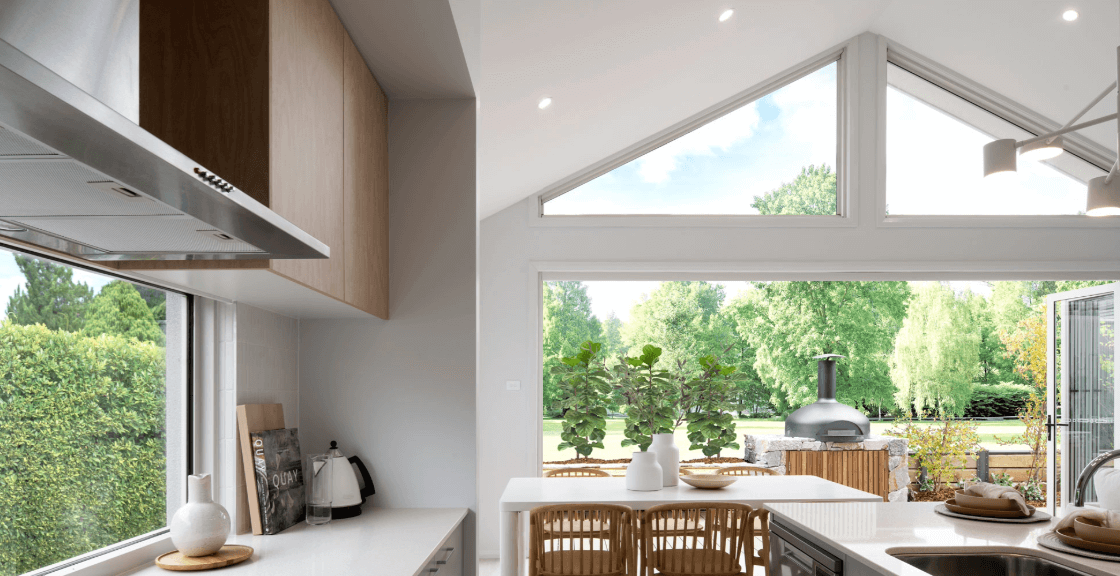Making additional payments toward your bond (home loan) can have several positive effects, depending on your financial goals. Here’s how it could impact you:
1. Reduce Interest Paid
By paying extra, you reduce the principal balance faster, which means the interest charged on the remaining balance decreases. Over the life of the loan, this can save you a significant amount of money.
2. Shorten the Loan Term
Extra payments can help you pay off the bond sooner than scheduled. For example, a 20-year bond could be paid off in 15 years, freeing you from debt earlier.
3. Improve Financial Flexibility
Paying down your bond faster can increase your home equity, which may allow you to refinance for better terms in the future or access a line of credit if needed.
4. Provide Peace of Mind
The faster you pay off your bond, the sooner you eliminate the risk of losing your home in case of financial difficulties.
Things to Consider:
Prepayment Penalties: Some bonds have penalties for making extra payments. Check your loan agreement to ensure you're not penalized.
Emergency Fund: Ensure you still have sufficient savings for emergencies before directing extra funds to your bond.
Other Debt: If you have higher-interest debt (e.g., credit cards), it may make more sense to prioritize paying that off first.
Investment Opportunity: Compare the interest savings from extra bond payments to the potential returns from investments.
Would you like help calculating how much time or money you'd save with additional payments?




















